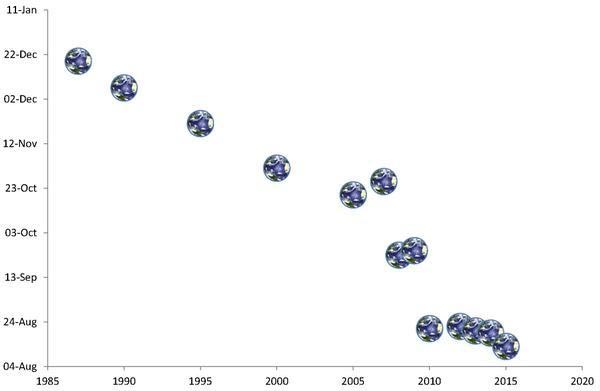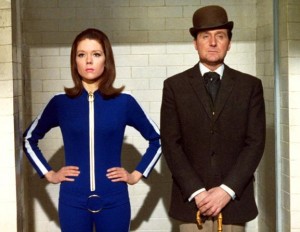Over the years of www.iowa-mariner blog, the most common theme has been to share information and opinions that promote thought – particularly lateral thinking, which is the ability to absorb new information and process it into a brand new idea. Lateral thinking is the best tool by far for reconciling knotty problems of any kind, whether something as broad as fundamentalism versus democracy or as simple as creating a vacation schedule that satisfies the whole family.
Recently, the mariner has written many posts with this theme in mind. Starting today, he will add a permanent section to every post which suggests outside viewing or reading that is entertaining in its topic and will broaden every reader’s knowledge as an aid to lateral thinking. The mariner still will write opinion and topical pieces but the reader should take advantage of the new section called ‘Reference Section.’ This post in particular will focus on this new section.
REFERENCE SECTION
The current issue of Scientific American (October 2015) is entertaining from cover to cover not with obscure scientific jargon but with shorter articles that have to do with how science and technology are changing the way we live from morning to night – today! There are pieces about how horses behave in the wild, how important sleep is, servant robots similar to those on the Jetsons TV series soon will be affordable for the middle class home, a new gene to control obesity, the next war will be in space, changing the home vegetable garden, etc. Most articles also can be accessed on the Scientific American website: www.ScientificAmerican.com .
An informative website that covers many current issues that are not covered adequately if at all on television or in newspapers can be found at: http://www.c-span.org/ . c-span has an extensive library of videos covering a wide spectrum of current events and what can be termed ‘important page 4 news,’ for example, the story that the Federal Government will underwrite $39 billion in unpaid college tuition loans. Most speeches given by presidential candidates are available. In all, c-span has 197,163 videos.
The mariner subscribes to two other magazines besides Scientific American: The Atlantic Magazine http://www.theatlantic.com/magazine/ which is the premier magazine for contemporary ideas in culture, industry and politics along with many book reviews and in depth articles. A staff writer is Ta-Nehisi Coates, the new voice for black America. Did you know that Chris Rock and Jerry Seinfeld refuse to do comedy on college campuses? (September 2015).
The last magazine is Smithsonian http://www.smithsonianmag.com/?no-ist published by Smithsonian Institution – the large national museum along the mall in Washington, D.C. This is a pleasant magazine that covers the human experience through culture, nature, biography and special interest stories.
None of the websites or magazines listed is an advocacy journal but rather makes an effort to present apolitical information without regard to any particular point of view. These magazines provide the easiest source by which to remain a liberal arts individual throughout life. The reader will be more than capable of lateral thinking.
Ancient Mariner


